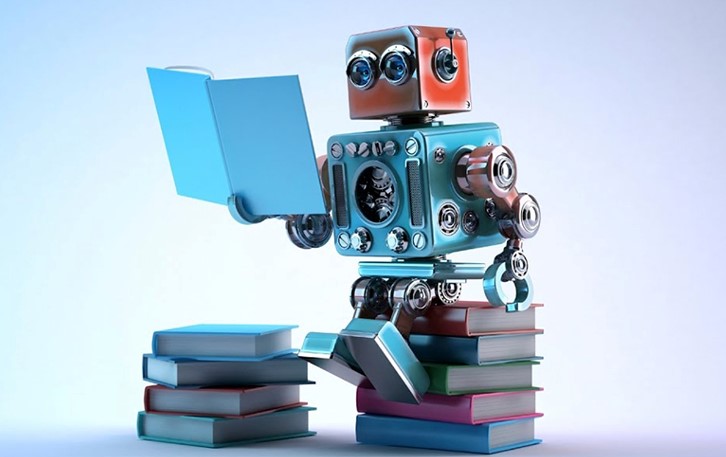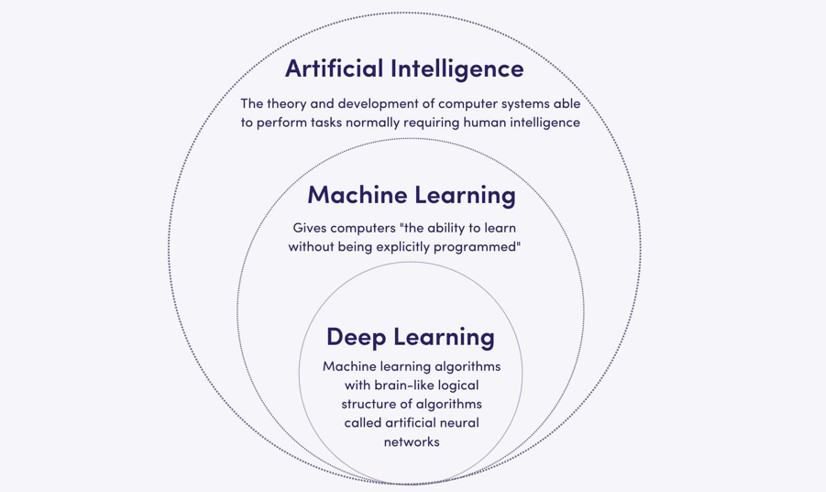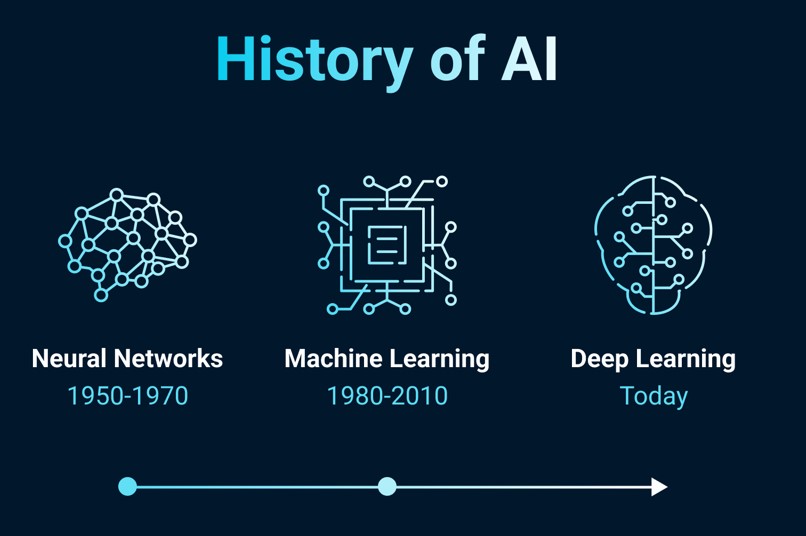What is Artificial Intelligence?
Artificial Intelligence (AI) is a branch of computer science that focuses on creating machines capable of performing tasks that typically require human intelligence. These tasks include things like reasoning, learning from experience, understanding natural language, and perceiving the world through vision and hearing.
AI systems are designed to simulate human intelligence by analyzing vast amounts of data, recognizing patterns, and making predictions or decisions based on that data. Machine Learning (ML) and Deep Learning (DL) are subsets of AI that focus on enabling computers to learn from data and improve over time without being explicitly programmed.

AI vs Machine Learning vs Deep Learning
AI, Machine Learning (ML), and Deep Learning (DL) are often used interchangeably, but they are different concepts:
- Artificial Intelligence (AI): AI is the broader concept that includes any machine that can perform tasks that would typically require human intelligence. It can be rule-based or involve learning.
- Machine Learning (ML): ML is a subset of AI that focuses on algorithms that allow machines to learn from data and improve their performance over time without being explicitly programmed. It involves statistical methods to find patterns in data.
- Deep Learning (DL): DL is a subset of ML that uses neural networks with many layers (hence the "deep") to analyze data. It is particularly useful for tasks like image recognition, speech recognition, and natural language processing, where large amounts of data are involved.

A Brief History of AI
The concept of AI has existed for centuries, but it became a field of study in the mid-20th century. Early AI work was focused on symbolic reasoning and solving mathematical problems. In the 1950s and 1970s, pioneers like Alan Turing and John McCarthy laid the groundwork for modern AI.
In the 1980s and 2010s, machine learning algorithms gained popularity, allowing AI to improve through experience. More recently, deep learning techniques have led to significant advancements in AI, enabling tasks like facial recognition, self-driving cars, and language translation.

Why is AI Important Today?
AI is transforming almost every aspect of modern life. It powers technologies like voice assistants (e.g., Siri, Alexa), self-driving cars, medical diagnosis tools, and recommendation systems (e.g., Netflix, YouTube).
AI is also helping businesses improve efficiency, automate repetitive tasks, and analyze large datasets to make better decisions. In healthcare, AI is being used to analyze medical images, predict disease outcomes, and personalize treatments. In education, AI is creating personalized learning experiences and helping to automate administrative tasks.
The impact of AI is profound, and its potential is still being explored. As AI continues to advance, it is expected to bring about even more innovations in various fields, creating new opportunities and challenges for society.